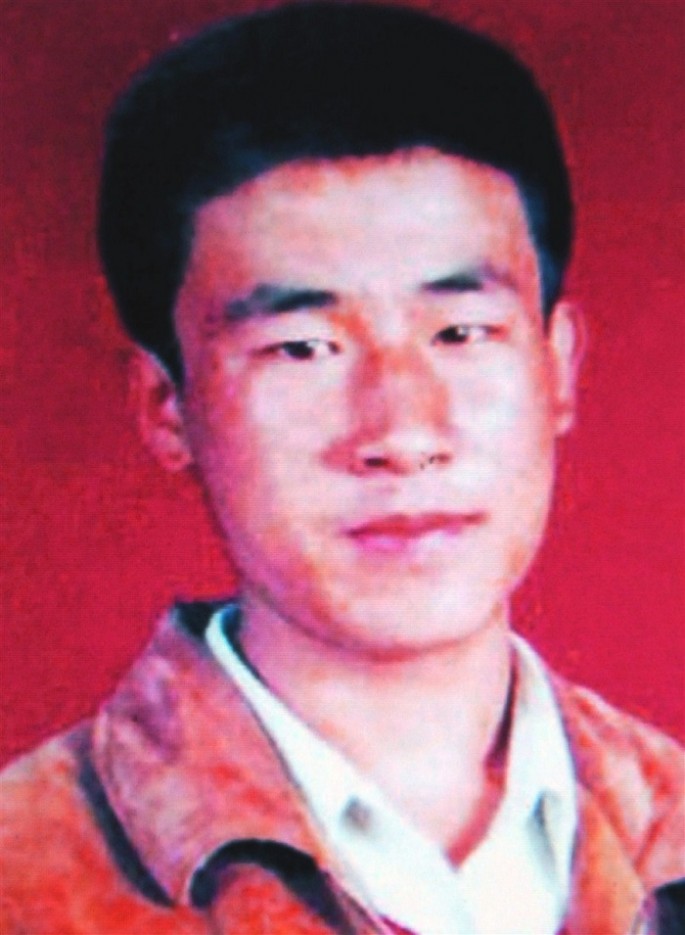There is a lot of debate on capital punishment, whether by lethal injection or firing squad, in many countries. Those who argue against executing people on death row cite the rising number of cases when higher courts overturn a decision and exonerate a person convicted of a heinous crime.
In some cases, such as Scottish man Edward McInnis, who was falsely accused of rape, robbery and burglary in 1988 at age 26, it robbed him 27 years of his youth for crimes he did not commit. But still, McInnis is lucky because he still attained freedom after DNA samples proved he was not the criminal, reported Faye Observe.
However, in the case of Huugjilt, the decision by the Inner Mongolia Higher People's Court to exonerate him for rape and murder charges in 1996 when he was 18 is almost two decades late. That’s because Huugjilt was already executed by a firing squad that year.
Zhao Jianping, deputy president of the court, said while he gave a 30,000-yuan compensation to the family of Huugjilt, that it was a heartbreaking lesson. The wrongly executed man’s parents visited his grave after the meeting with Zhao and burned a copy of the verdict overturning a lower court’s death sentence as their way of telling him his wrongful conviction has been redressed.
A similar case is for review of the Shandong Provincial Higher Court which was ordered by the Supreme People’s Court to go again over the conviction of Nie Shubin in 1994. Nie was executed for the rape and murder of a woman at age 21.
In February 2016, the 27 officials behind the wrongful execution of Huugjilt were given warnings and demerits. Feng Zhiming, the deputy district police officer in charge of the case, would undergo further investigation. He allegedly ordered investigators to torture Huugjilt to force the youth to admit the crime. Feng would be charged with dereliction of duties and accepting bribes, reported Daily Mail.



























